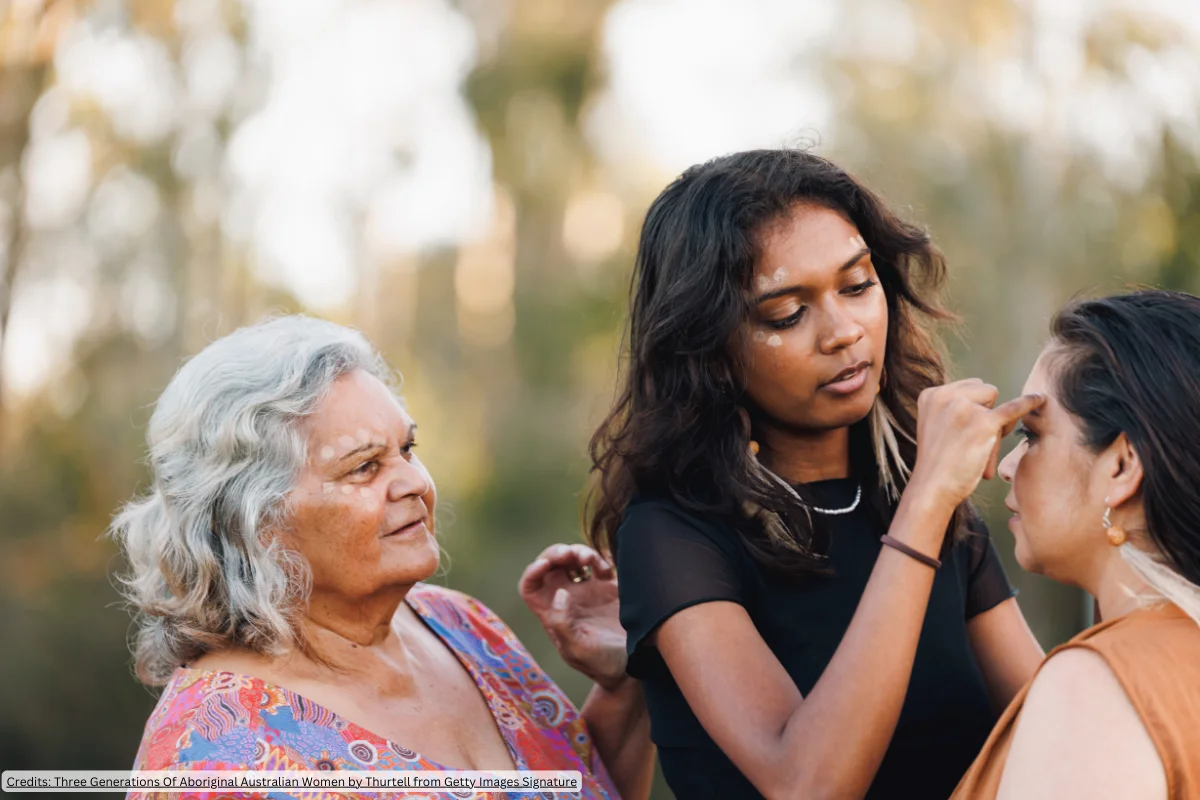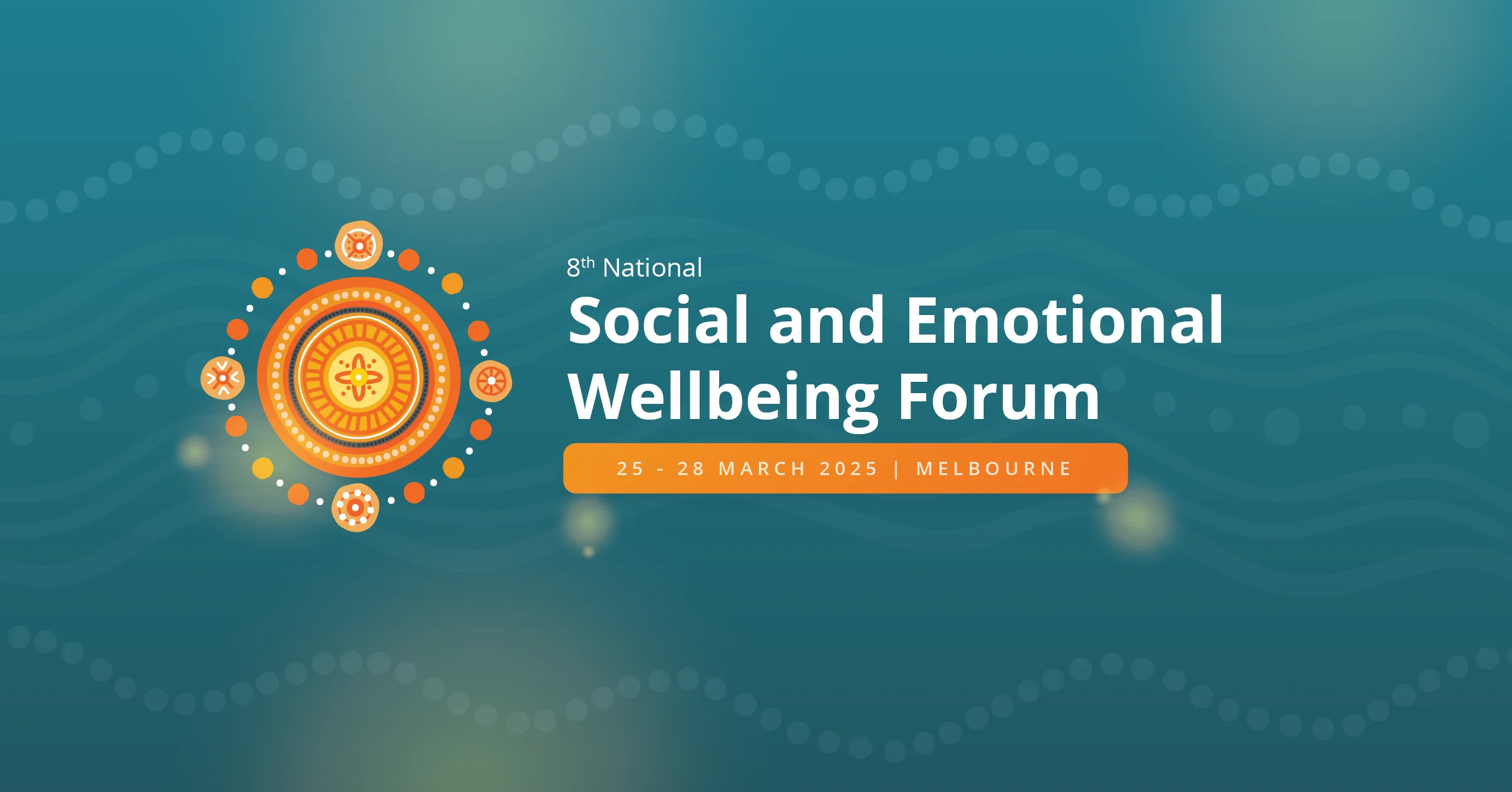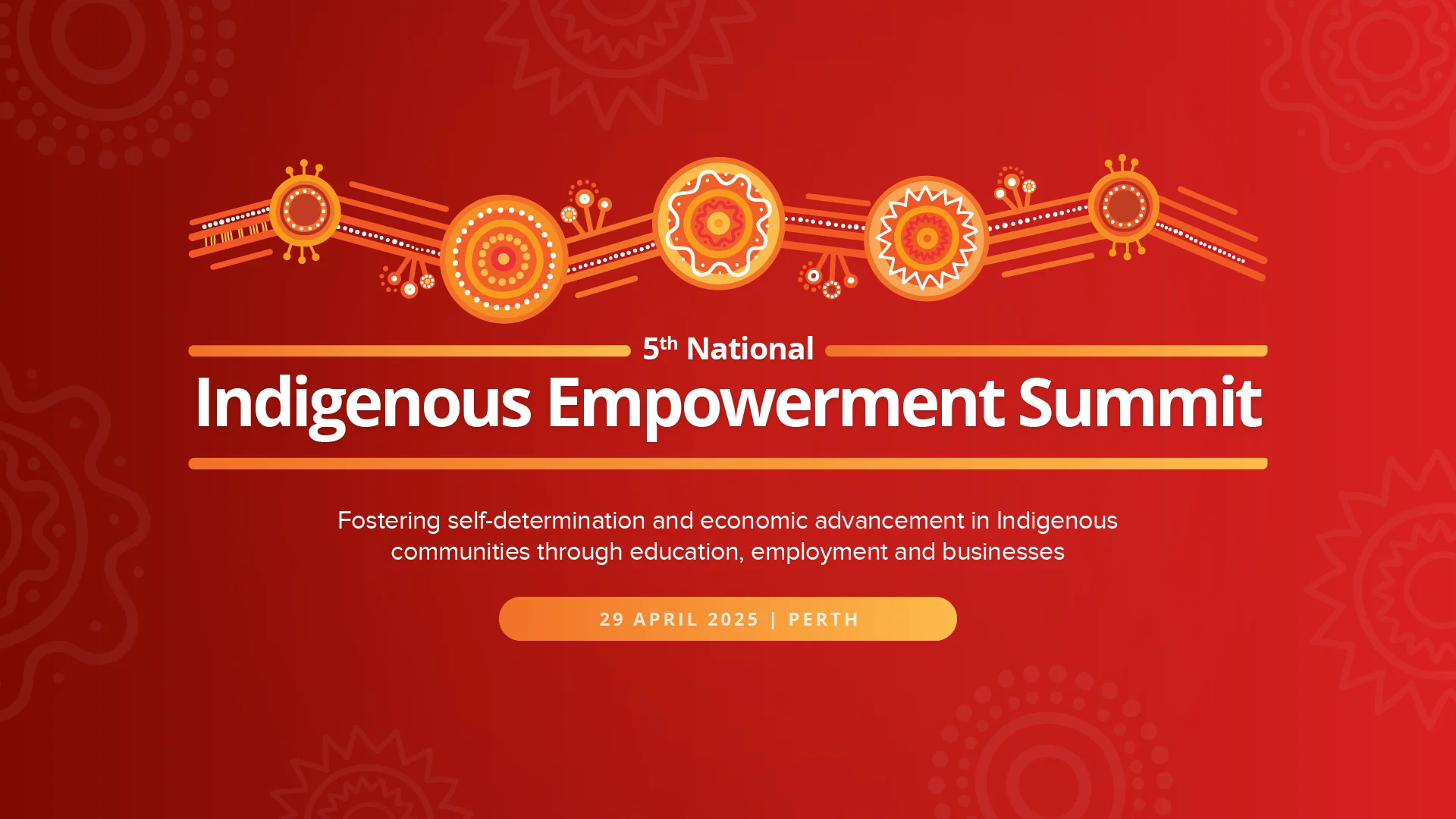When we think of challenges faced by the not-for-profit sector, we tend to think about competing priorities such as funding, strategies, and programs. The propensity is to focus on organisational goals and achievements. And of course, that is essential. But what about the employees?
If there isn’t the funding for professional development, team building and wellbeing, how will your staff refill their own cups after filling everybody else’s? And in the new hybrid way of working, with staff retention being an issue, what can you introduce for your employees that is relatively low cost, high benefit? Sometimes the most obvious things are ignored because they seem too simple. What I am about to suggest isn’t rocket science or a magic cure. I can hear the yawns from here when I say the phrase, organisational values.
We are all familiar with our company values that are talked about at interview. After that, they may get a mention when putting together proposals, discussing somebody’s behaviour or performance reviews. But the actual integration of them into the daily business can be lost and forgotten.
Some of the work I do with NFP’s involves each team developing a team charter that they can relate to in their day-to-day work. As well as improving the way a team works together, the members find that they benefit from some personal development, and positive change occurs.
We begin by looking at what they are currently doing well and what the strengths are of each team member. The team work together in pairs and then hold a group discussion to feedback each person’s strengths. While the discussion starts off a little awkwardly, by the time we have finished, they are all beaming. How often do we take the time to feedback to our colleague what strengths we see in them? Sure, we might give a sentence or two about a job well done but generally we don’t go into any detail. When team members have insight into how others see them, it makes for a very positive environment, and I have seen productivity increase as a result. Even those team members that don’t get on, will join into the spirit of the exercise, and acknowledge each other’s strengths (sometimes more grudgingly than others).
Another exercise involves working through the organisational values and thinking about what they mean from a personal perspective. I then ask the group to put together a team charter based on the values, using a creative method. Again, this may start off awkwardly as people say oh, I’m not creative. But throw in a few suggestions and soon the conversation takes off. They then go away to discuss and decide on what theme they want to use and how they will put it all together.
The results are very inspiring. I have seen all manner of team charters from Masterchef Menus, videos with members dancing to songs that match the values (e.g., Aretha Franklin’s Respect) as well as a team putting together a training schedule to compete in the Olympics. Not all ideas are as grand but are equally powerful to that team. Another example is making a tree of their hands with the values written down the fingers and palms and another one involved matching values to the qualities of pets.
The beauty of doing this creative exercise is that everybody is talking about the values without it being boring or seeming forced and they get to decide what they want for a team charter. Going through the exercise of a creative approach means lots of discussions and information being absorbed about values without too much talking or lecturing.
When complete the team charter or the representation of the team charter goes up on the wall. Teams are encouraged to refer to it regularly, alongside other things such as morning teas, having a value of the week, giving out awards for living the values and many other ideas that each team comes up with themselves. The team charter can be refreshed quarterly or half-yearly or annually.
It’s a particularly good tool to use when a team starts to become disjointed or there is conflict. Of course, none of this is a substitute for an employee’s poor behaviour but working this way with the values results in other team members not prepared to tolerate it. It also generates a level of competition around the organisation which means more talk about the values in an organic way that wouldn’t normally occur.
The process does have more steps than mentioned here and if you are interested to learn more about how I can add value to your organisation click on the link.












